What Causes Adult Bedwetting?
Written by TYE Medical on Aug 15th 2023
Even if you haven’t experienced it yourself, you’ve probably heard senior adults complaining about waking up at night to use the bathroom, often more than once. And while this can be an annoying problem, it’s a typical part of aging. But some people don’t wake up to use the bathroom at night even when they have to go. This can lead to adult bedwetting.
While this is a common problem for older adults, it’s important to understand what causes adult bedwetting.
What Is Adult Bedwetting?
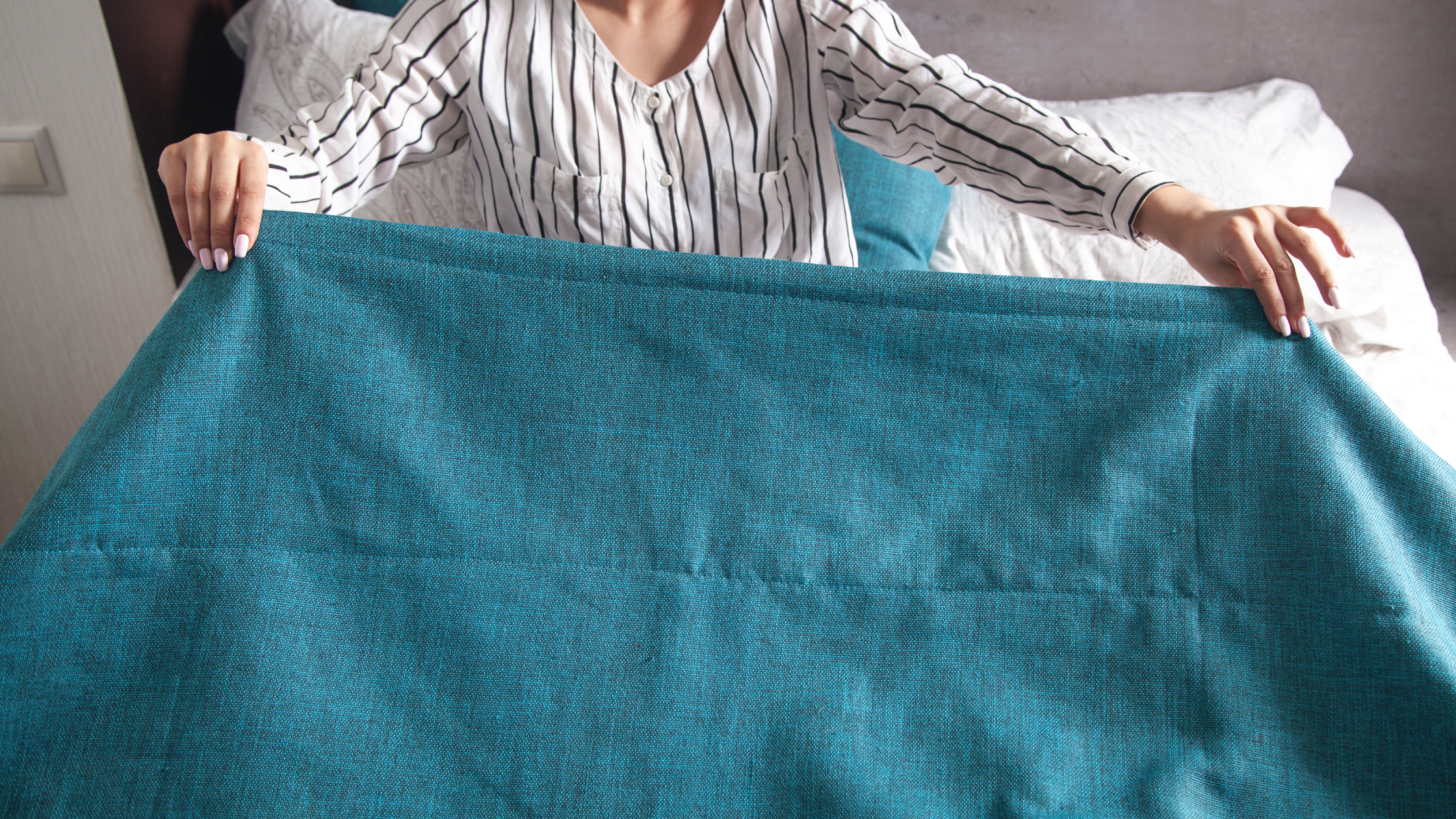
The general definition is very obvious. Adult bedwetting occurs when an adult involuntarily urinates in bed, usually during their nighttime sleep cycle. This is also known as nocturnal enuresis. But, there is more to it than that. It’s one of two types of nighttime incontinence.
Nocturia is also a type of adult nighttime incontinence. If you have nocturia, you wake up one or more times to urinate during the night–but you don’t urinate in bed. It’s the need to pee that wakes you up so you can use the toilet. It’s frequent urination that disrupts your daily life (your nightly sleep) and is therefore considered a type of incontinence even though you’re able to use the toilet.
How Does Age Affect Adult Bedwetting and Nocturia?
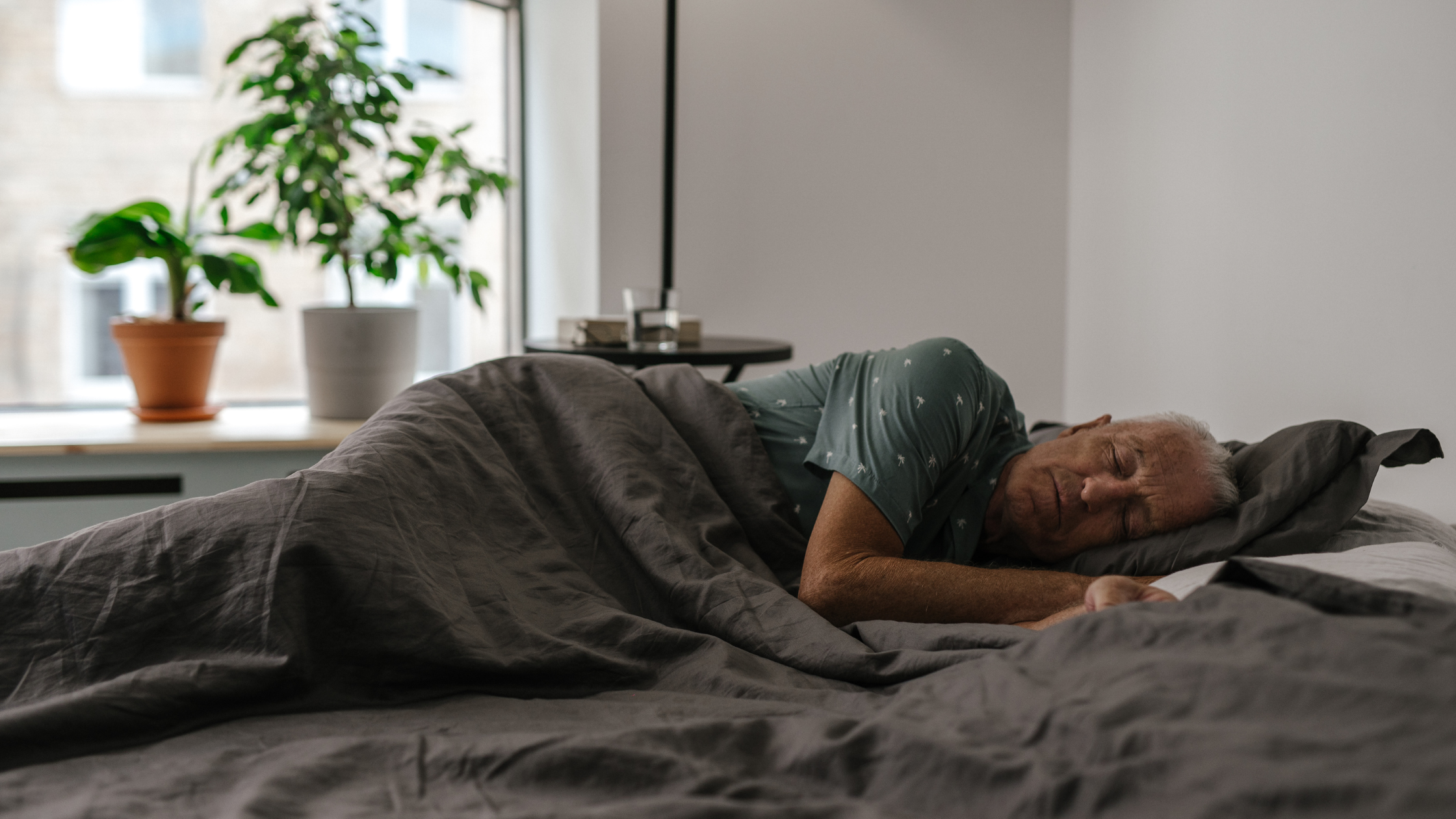
As your body changes with age, you’ll notice an increased need to use the bathroom, greater frequency and sometimes urgency. This is very normal. A younger bladder can hold up to a liter of fluid, but as your bladder muscles become less elastic over time, your bladder capacity can be reduced by half. In other words, your bladder can only stretch enough to hold half of what it did when you were younger. This is the main cause of nocturia and frequent urination in aging adults.
This natural change in your bladder can be complicated by other factors. As you age, you can also start producing more urine due to:
- Changing hormones
- Kidney problems
- Illness
- Medication side effects
Antidiuretic Hormone Production
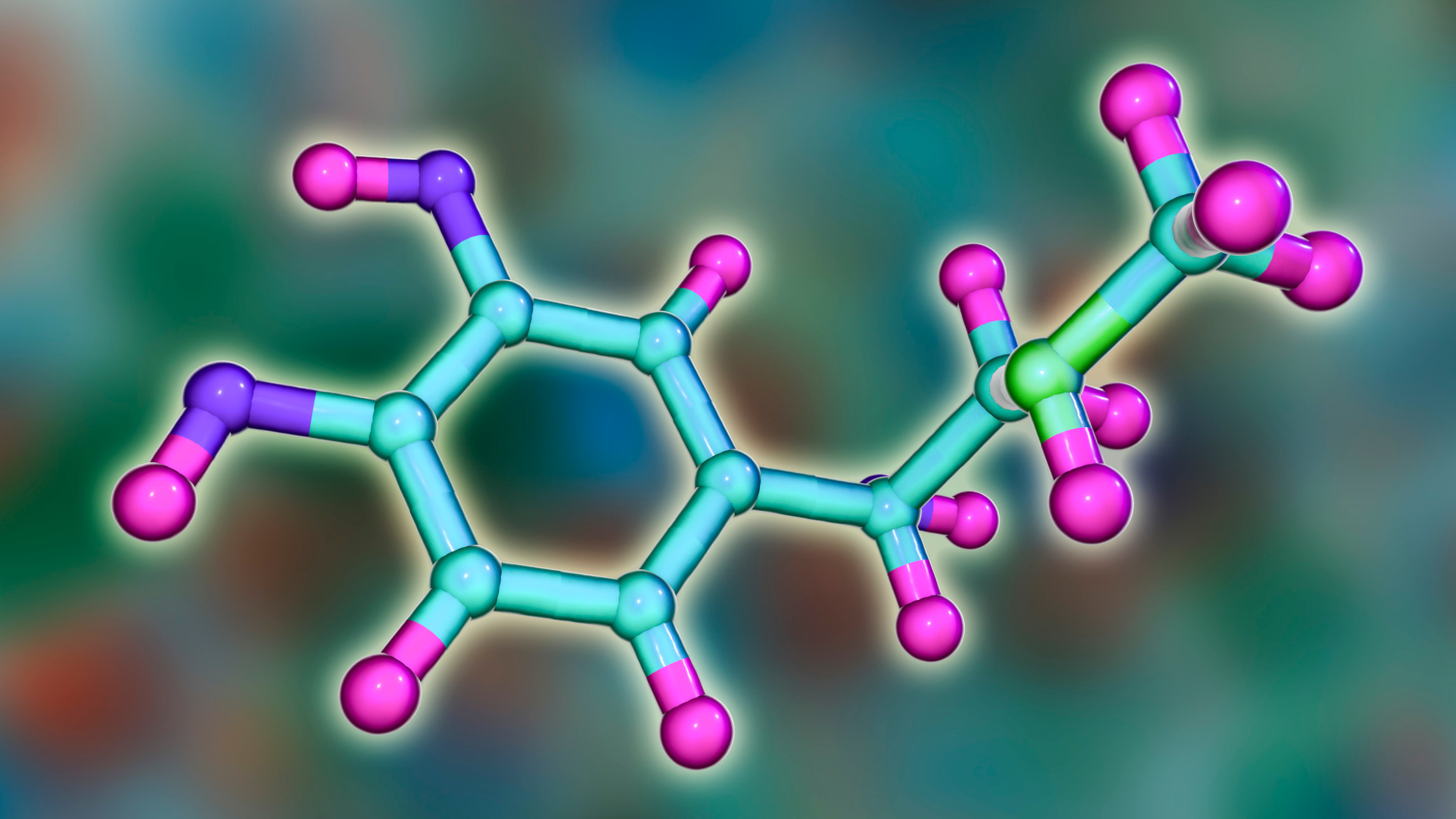
One of the changing hormones that causes nighttime bedwetting and nocturia is known as ADH or antidiuretic hormone. This hormone regulates urine production, telling your kidneys when to decrease or increase production to keep urine output at the optimal level.
But just like the rest of your body, age can make this hormone less efficient. Often, you’ll first notice this change at night. Typically, ADH will signal to your kidneys to produce less urine at night while you’re sleeping. But by a certain age, ADH levels might remain too low at night, not signaling your kidneys appropriately. This means your kidneys will continue to produce urine without slowing, which will likely cause adult bedwetting or nocturia.
Polyuria Causes Adult Bedwetting
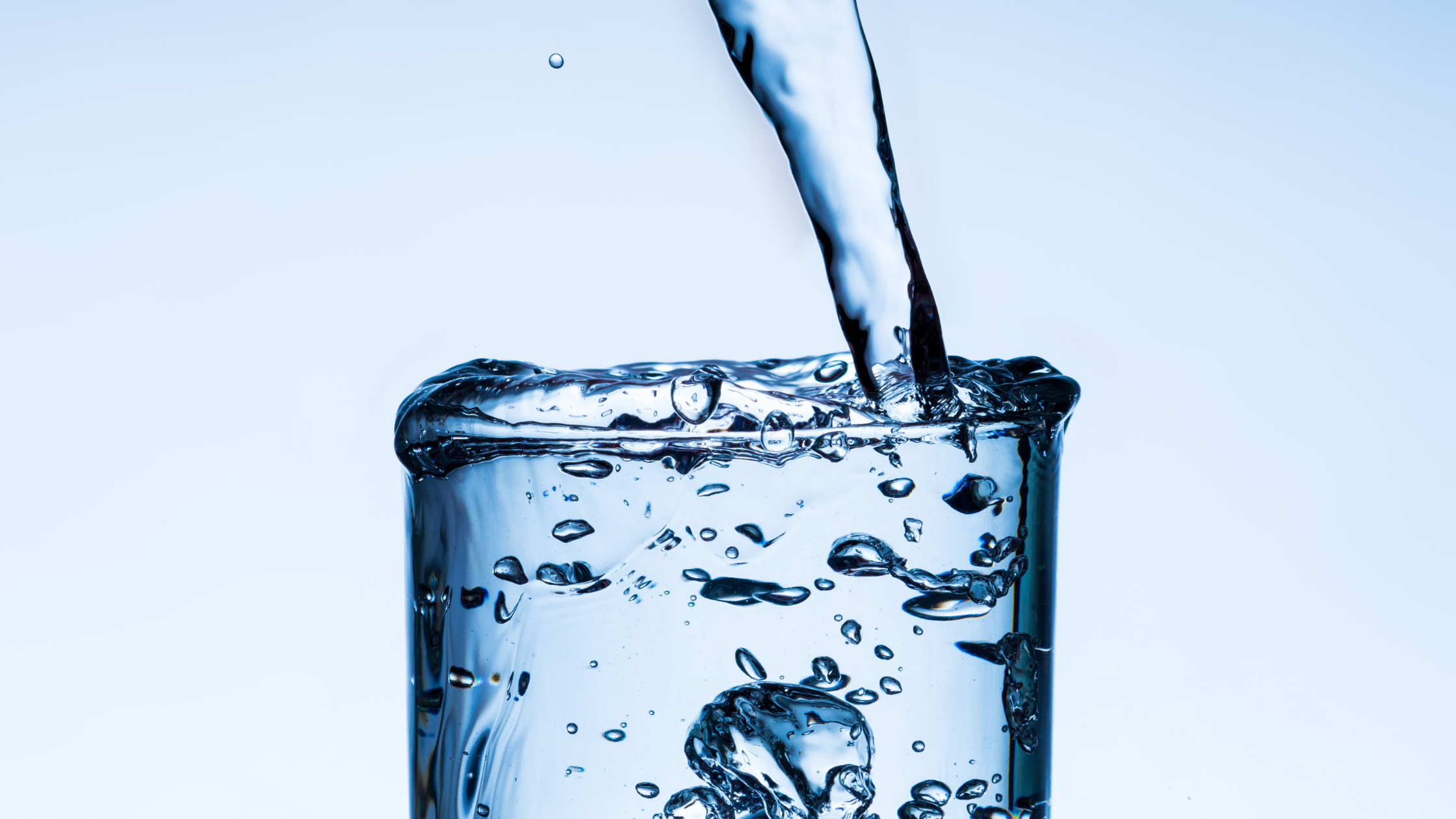
Sometimes it’s not about hormones or urine regulation. Sometimes the problem is that your body starts producing more urine than necessary or what’s usual. This is a condition known as polyuria. Polyuria is the excessive passage of urine regardless of the time of day. If you have polyuria, you’ll produce too much urine around the clock, even at night, causing adult bedwetting or nocturia.
The average healthy adult produces 1-2 liters of urine within a 24-hour period. This varies depending on how much you drink, sweat, and other factors. But if you have polyuria, you could produce 2.8 liters or more. Diabetes is one of the most common causes of polyuria but your doctor can help identify other causes.
Prostate Problems (In Men)

An enlarged prostate can lead to adult bedwetting and nocturia. When the gland enlarges, it puts pressure on the urethra. The urethra allows urine to flow from the bladder to exit the body. But the pressure from an enlarged prostate blocks urine flow to varying degrees. This means your bladder isn’t emptying properly throughout the day and is therefore fuller at night. You might experience urine leaks at night (adult bedwetting) or find yourself looking for the bathroom at night.
Bladder Problems Cause Adult Bedwetting
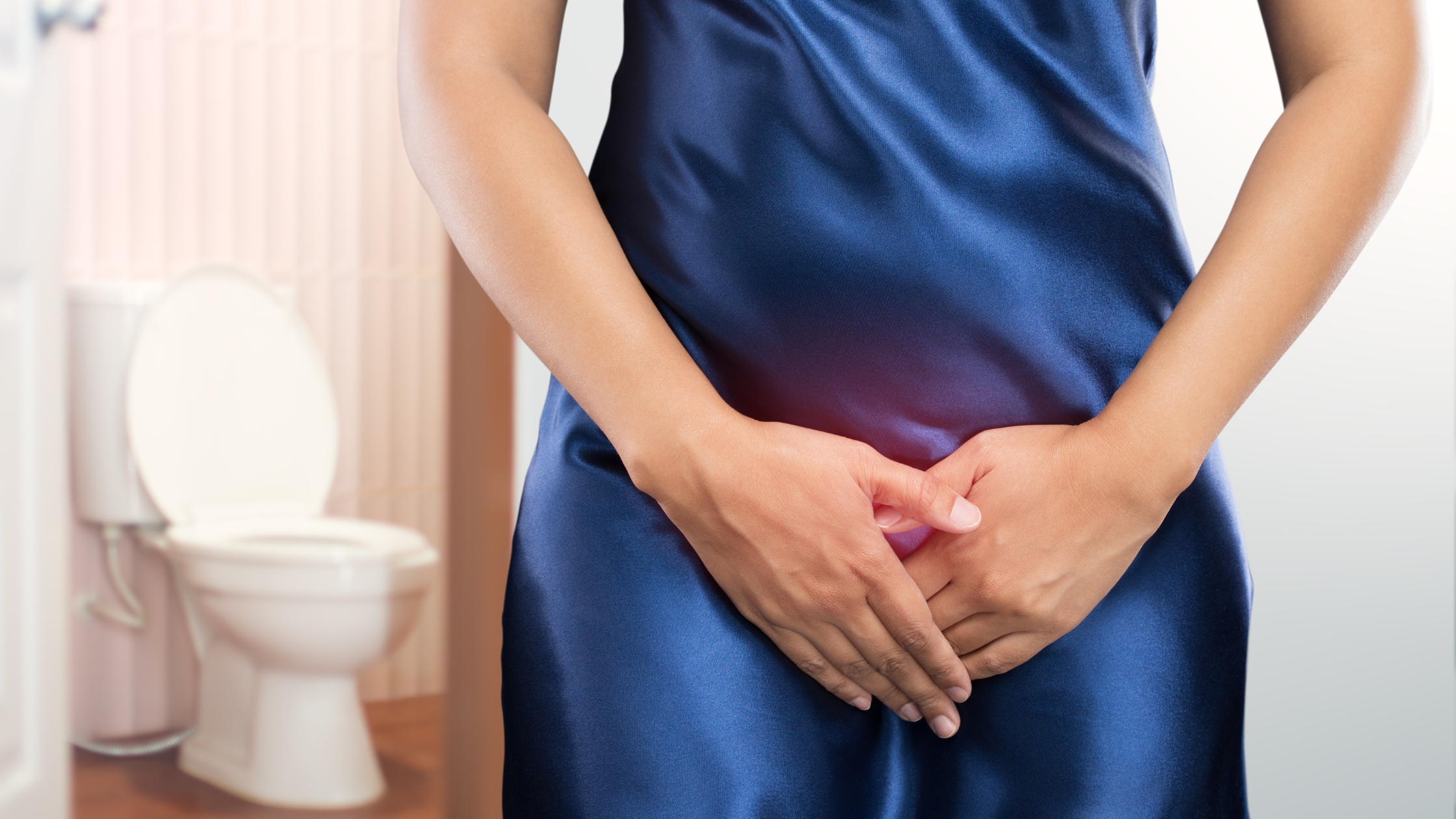
Overactive bladder and urge incontinence are closely linked and can both lead to bedwetting as an adult. Both include a sudden and strong need to urinate. When it becomes disruptive to daily life or leads to incontinence it’s known as urge incontinence.
Heart Problems

Some types of heart conditions cause poor circulation that leads to fluid retention in the body. Often, this fluid collects in your feet and ankles. When you lie down at night with your feet level or elevated, the fluid returns to your bloodstream. This means your kidneys have more fluid to process and may have a strong need to urinate at night, which can cause adult bedwetting or nocturia.
Managing Adult Bedwetting
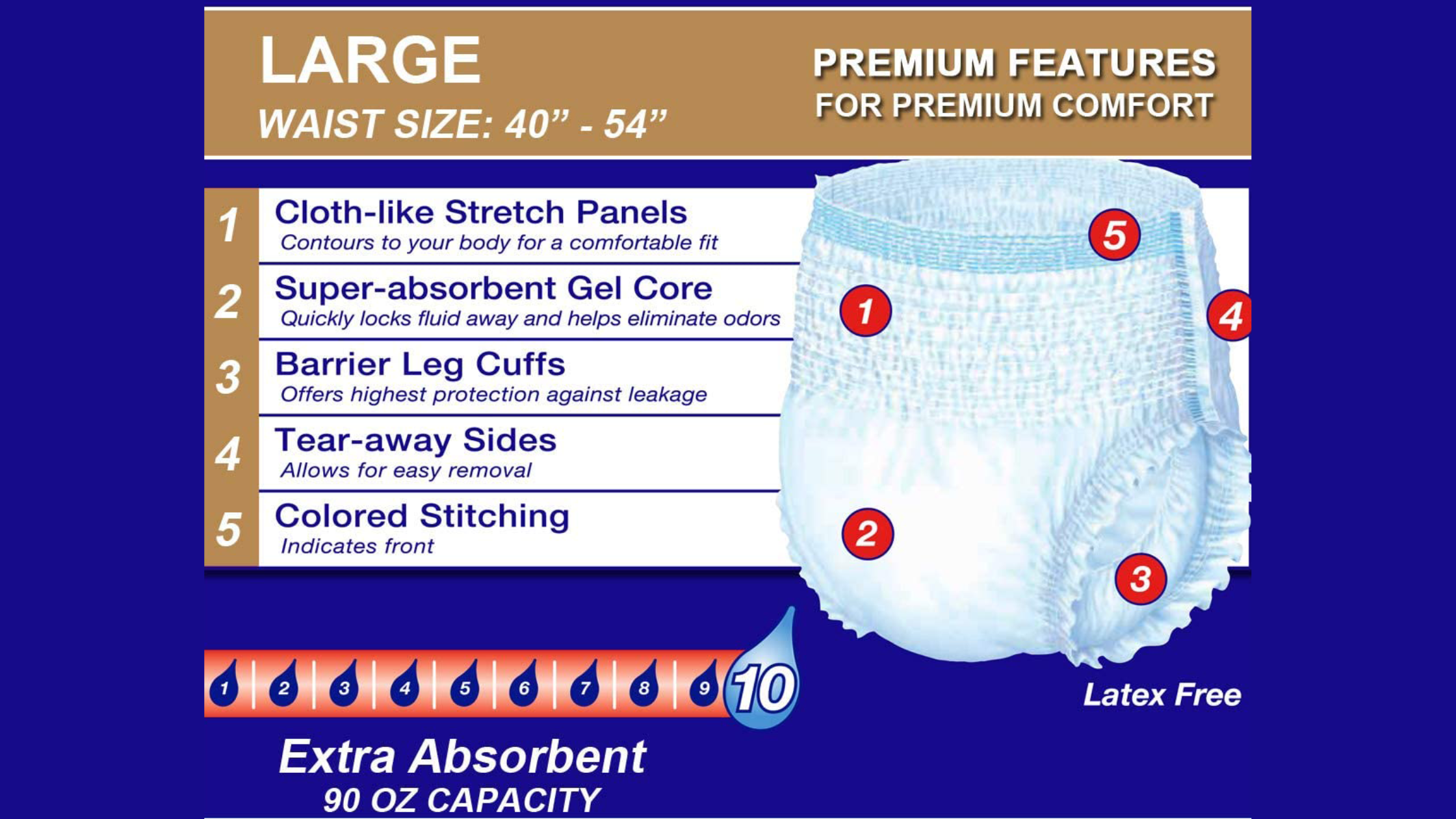
Adult bedwetting has several common causes, and so it’s important to follow up with a doctor to determine the exact cause of your symptoms. Doing so can help to resolve the issue, but more importantly, it might indicate a more serious underlying condition like heart problems.
Once you’ve determined the cause, you can take steps to address the issues. For example, diabetes medications often relieve much of the excessive urination that results from diabetes. If daytime fluid retention leads to nighttime bedwetting, you can prop your feet up about an hour before bed to allow your body time to process the fluid and urinate before bedtime.
But as you work to address underlying causes, some of which may not relieve all your nocturia or incontinence symptoms, you can benefit from nighttime incontinence products. TYE Medical offers incontinence products in a variety of sizes and absorbency levels. Shop our online store for protection from nighttime leaks.


